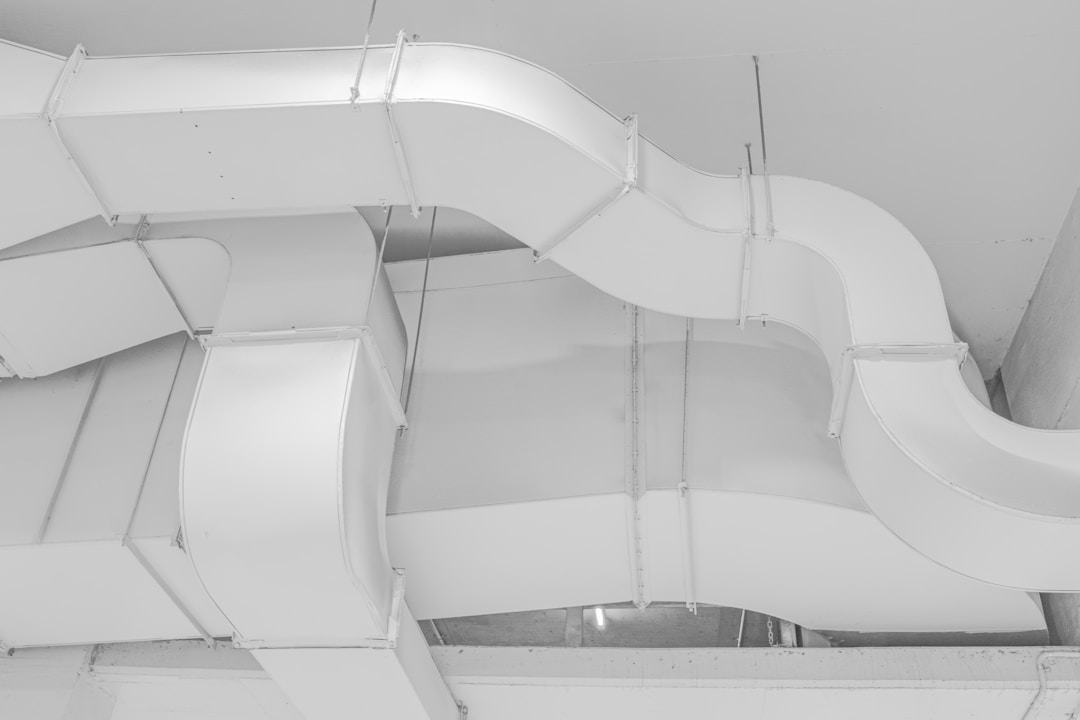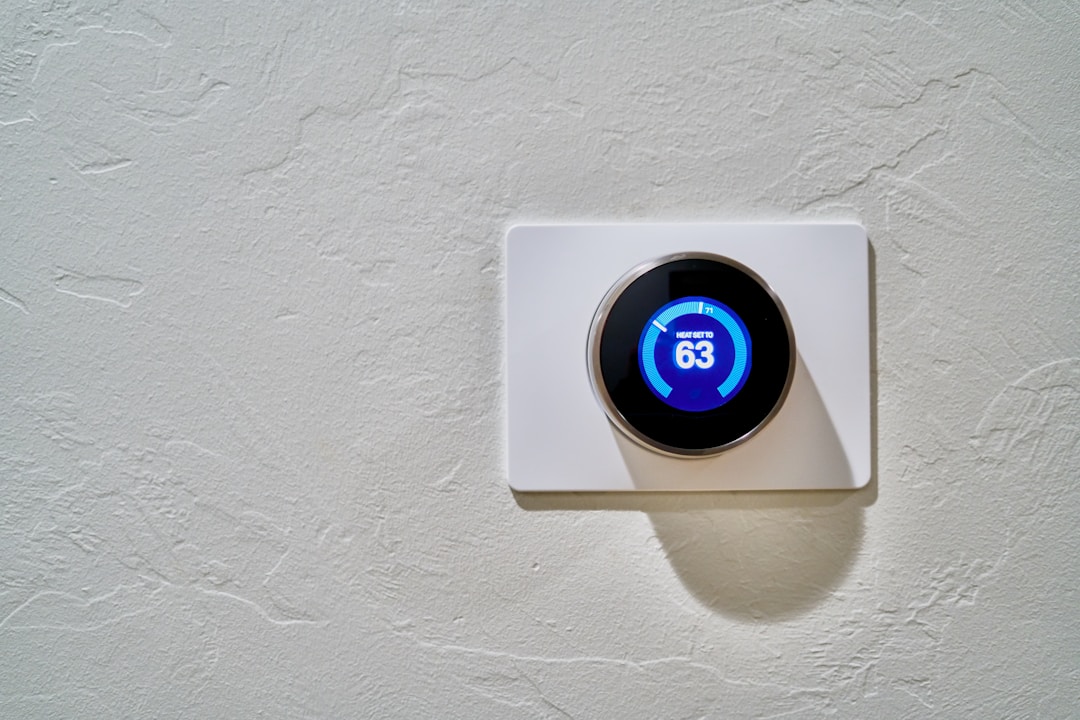For homeowners, maintenance of their home’s operating systems is an important aspect of day-to-day responsibility. No matter the season, both the household’s air conditioner and heating system require very specific care. Prior to the warmest months, regular tune-ups and routine maintenance can guarantee that the HVAC equipment will function perfectly when needed. Likewise, during the summer, monitoring the air conditioner’s use will ensure that potential breakdowns are avoided.
In general, the best preventive maintenance is knowing how to care for your HVAC system on your own, as well as when to call in an expert technician for more serious issues. Here, we will look at a brief overview of the most important HVAC system basics, and how you can take the right precautions to ensure your equipment’s peak performance and lifespan.
Basic HVAC Unit Dos and Don’ts

The best strategy for HVAC maintenance is to understand the basic functions of the equipment. It’s a good idea to know the safety regulations regarding both the air conditioner and furnace’s fuel sources and cleaning requirements. Although the respective units typically run during different times of the year, both use the same ductwork and air vent system, meaning proper cleaning is needed year-round.
Likewise, routine maintenance is a necessity. Scheduling an HVAC technician to conduct an inspection for leaks or replacement of any frayed wires is never something to put off, as gas leaks are serious threats to your home’s safety. As a basic rule of thumb, it’s important to never skip HVAC system maintenance and have a technician come by at least a few times a year, preferably before or after every seasonal change in weather. While annual maintenance can prevent costly repair or system breakdowns, more regular inspections of your cooling system and heater should be conducted on a regular basis.
Homeowners’ HVAC Checklist

When it comes to your HVAC unit, there are a few tasks you can perform before booking a maintenance appointment. As stated, regular maintenance is a must when it comes to your unit’s lifespan. However, there are a few basic maintenance service responsibilities that you can take on yourself to better your HVAC system’s integrity. For example, all HVAC technicians recommend that you change your air filters every two months. As simple as this first task seems, its importance can’t be stressed enough. Keep in mind that your air conditioner and heating system utilize the same vents and, therefore, the same filters all year. Those air filters purify your indoor air quality by catching debris and other contaminants. If any family members suffer from allergies or respiratory illness, replacing dirty air filters is a necessity for their health and wellness.
In addition, when your unit’s airflow is running smoothly through those clean filters, your system gets less wear and tear and allows you to use the AC unit at lower settings. These two factors make your home more energy efficient, thus lowering your monthly energy bills. With that in mind, keeping an eye on your thermostat is of equal importance for keeping air system use to a minimum.
It’s important to note that the very best measure any homeowner can take in keeping their AC unit and heating system running is to schedule routine maintenance throughout the seasons. In fact, one of the greatest investments that you can make is to purchase a maintenance plan for ongoing HVAC service. Not only will this provide you with an on-call expert HVAC technician for emergency situations, but the tasks such as air filter and fuel change, routine safety inspections, and discounted repairs are all factored into the one-time annual fee. For your family’s safety, as well as the value of your home, an HVAC maintenance agreement is the best guarantee for long-time system efficiency.






